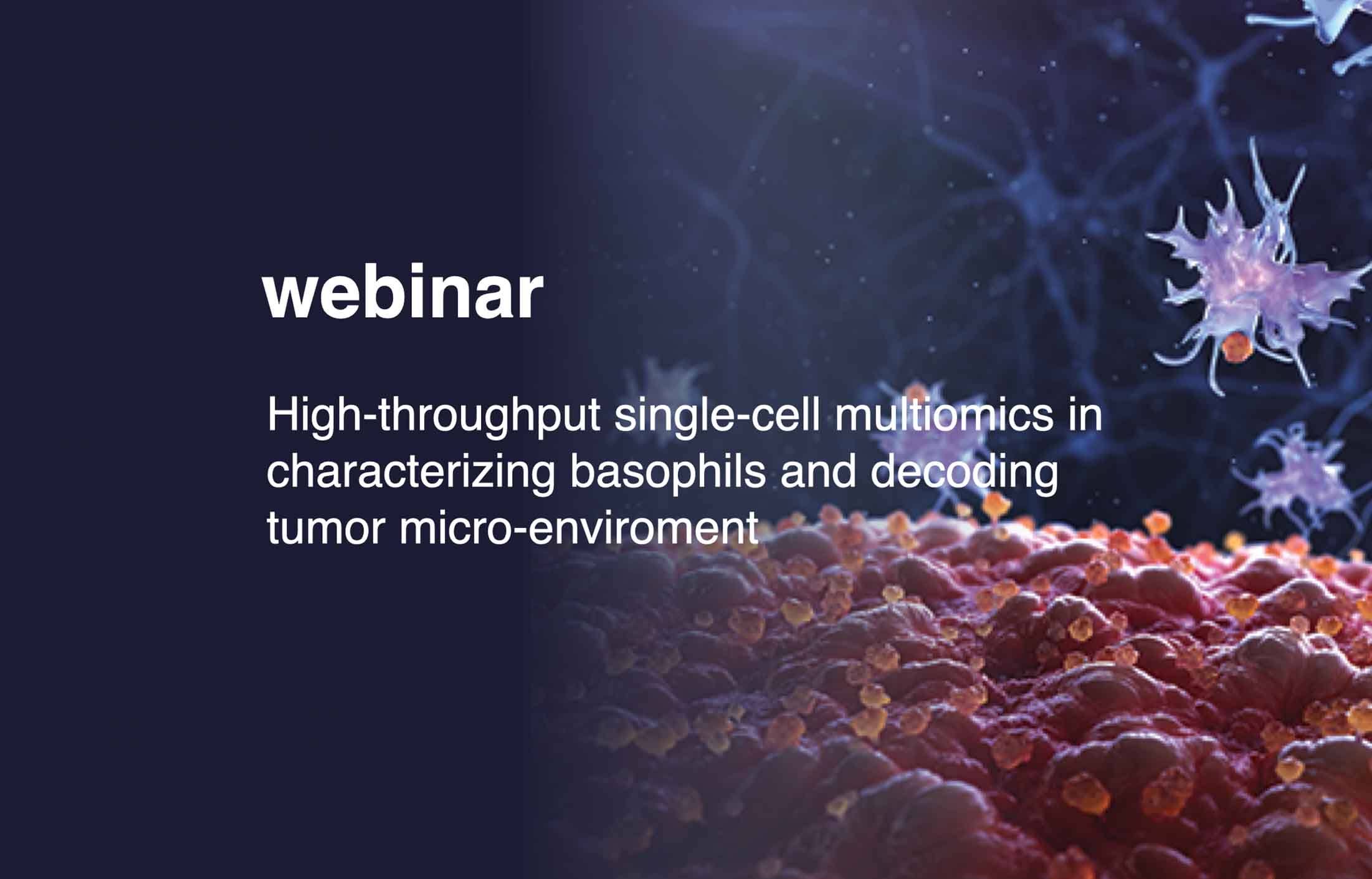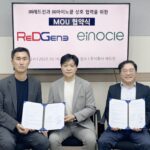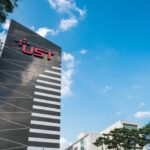High-throughput single-cell multiomics in characterizing basophils and decoding tumor micro-enviroment

Biosketch:
Dr. Hyun-Woo Jeong is a lab head at Max-Planck-Institute for Molecular Biomedicine in Münster, Germany. With a Ph.D. in Molecular and Life Sciences from Pohang University of Science and Technology, South Korea, his expertise spans Next-Generation Sequencing, Single Cell Multi-Omics, Immunology, and Disease Modeling. Previously, he served as a senior scientist and postdoctoral researcher at the same institute, contributing significantly to vascular biology and gene expression profiling of mouse vasculature. Dr. Jeong’s extensive honors, including grants and awards, underscore his commitment to advancing science. His impactful teaching experiences and diverse skill set in bioinformatics, developmental biology, biomarker discovery, and mouse genetics enrich his research pursuits.
Title of Talk:
“Single Cell Multiomics Reveals EGFR Variant-Dependent Tumor-Immune Microenvironment in Non-Small-Cell Lung Cancer”
Abstract:
Worldwide, lung cancer stands as the most common cancer among men in terms of both incidence and mortality. Among women, it ranks third in terms of incidence and second in mortality, following breast cancer. There are two primary types: small-cell lung carcinoma (SCLC) and non-small-cell lung carcinoma (NSCLC), with NSCLC accounting for approximately 85% of all lung cancers. Immunotherapy for NSCLC is increasingly integrated into first-line treatment protocols. However, the outcomes significantly hinge on the patient’s oncogenic mutations of EGFR, with the molecular mechanisms remaining elusive.
This study employed a cutting-edge single-cell multi-omics approach using the BD Rhapsody system to comprehend the diverse cellular composition and immunoregulatory mechanisms driving disease progression and treatment responses in NSCLC. Our investigation encompassed 46 samples, including normal lung tissues and tumors from EGFR wild-type and EGFR mutant NSCLC patients, comprising around 1 million cells analyzed for whole transcriptome, proteins (AbSeq), and TCR/BCR VDJ recombination profiling.
Our findings shed light on the critical role of tertiary lymphoid structures (TLS), which are ectopic lymphoid formations within non-lymphoid tissue, in fostering antitumor immunity and influencing immunotherapy responsiveness in NSCLC. This study underscores the pivotal relevance of understanding the formation and function of TLS in shaping clinical outcomes among different NSCLC subtypes, alongside unraveling the cellular and molecular characteristics of immune cells. These insights hold substantial promise for disease prognosis and the identification of novel therapeutic targets in NSCLC.



